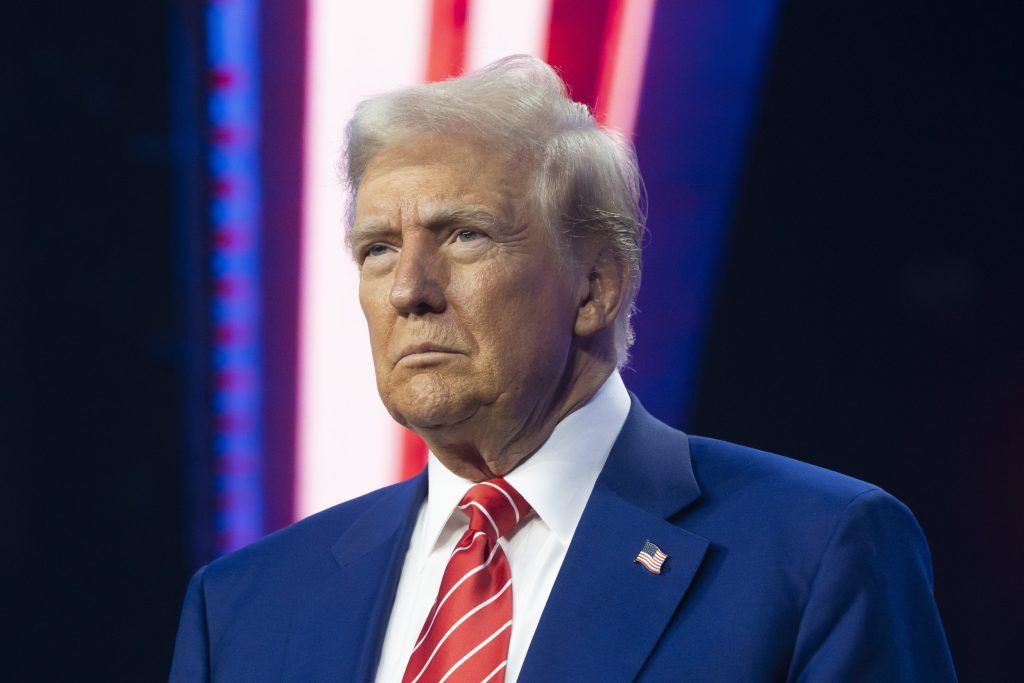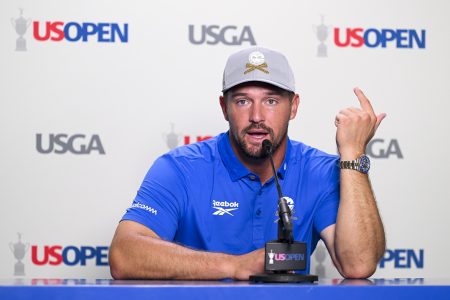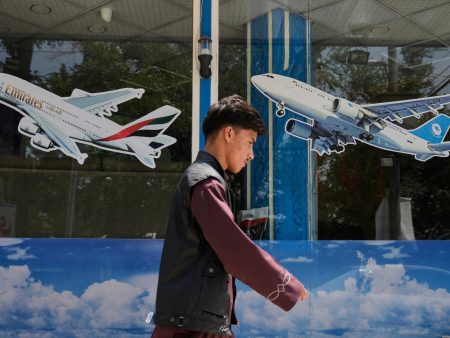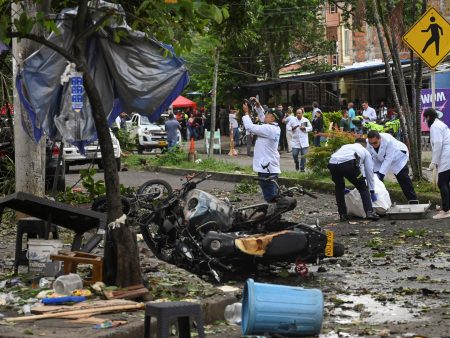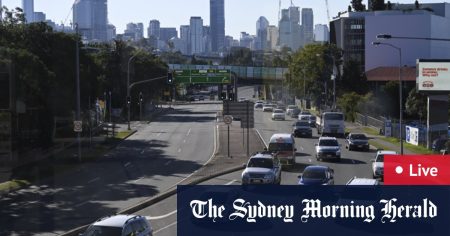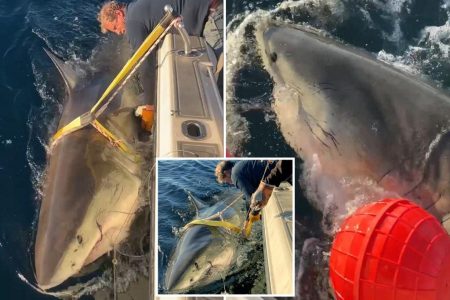The Looming Panama Canal Controversy: Trump’s Nomination and Territorial Ambitions
Former President Donald Trump’s nomination of Kevin Marino Cabrera as U.S. ambassador to Panama has ignited controversy, primarily due to Trump’s concurrent pronouncements about reclaiming control of the Panama Canal. This strategic waterway, a crucial link between the Atlantic and Pacific Oceans, has been a focal point of Trump’s recent rhetoric, raising concerns about potential international tensions and the future of U.S.-Panama relations. Cabrera’s nomination, while seemingly routine, becomes entangled in this larger geopolitical narrative, adding another layer of complexity to an already delicate situation.
Trump’s stated rationale for wanting to wrest control of the canal revolves around accusations of Panama "ripping off" American ships transiting the waterway and alleged Chinese influence in the region. These claims, however, lack substantiated evidence and have been met with strong opposition from Panama’s President, José Raúl Mulino Quintero, who has unequivocally asserted Panama’s sovereignty over the canal. The canal, a significant source of revenue and national pride for Panama, has been under the country’s full control for 25 years, following a long history of U.S. involvement dating back to its construction in the early 20th century.
Cabrera, currently a commissioner for Florida’s Miami-Dade County and vice chairman of its International Trade Consortium, has a history of involvement with Trump’s political endeavors, including the 2020 presidential campaign and his recent endorsement for a position within the Florida Republican Party. While Cabrera expressed gratitude for the nomination via social media, his stance on the Panama Canal issue remains publicly unknown. This ambiguity further fuels speculation about the potential ramifications of his ambassadorship, particularly given the backdrop of Trump’s controversial pronouncements.
The nomination of Cabrera comes amidst a broader pattern of Trump expressing expansionist desires, including previous statements about acquiring Greenland from Denmark and even suggesting the annexation of Canada. These remarks, often dismissed as rhetorical flourishes, nonetheless contribute to a perception of Trump’s foreign policy approach as being driven by nationalistic ambitions and a disregard for established international norms. The Panama Canal situation, however, carries greater weight due to the historical complexities and strategic importance of the waterway, making it a potentially more volatile issue.
The future of the Panama Canal under a potential second Trump administration remains uncertain. While Trump’s statements have sparked concern and condemnation, the actual feasibility of reclaiming control of the canal remains highly questionable. International treaties, established diplomatic relations, and Panama’s firm resolve to maintain sovereignty over its territory present significant obstacles to any such endeavor. Moreover, the potential economic and political repercussions of such a move would likely be substantial, further complicating the situation.
Cabrera’s confirmation process in Congress, scheduled for January, will undoubtedly be closely scrutinized, with his views on the Panama Canal issue likely to be a central focus. This process will not only determine Cabrera’s fate as ambassador but will also offer insights into the broader direction of U.S.-Panama relations under a potential Trump presidency. The interplay between Trump’s ambitions, Cabrera’s role, and Panama’s resolute defense of its sovereignty promises a complex and potentially contentious chapter in the history of this vital waterway and the nations connected by it.




